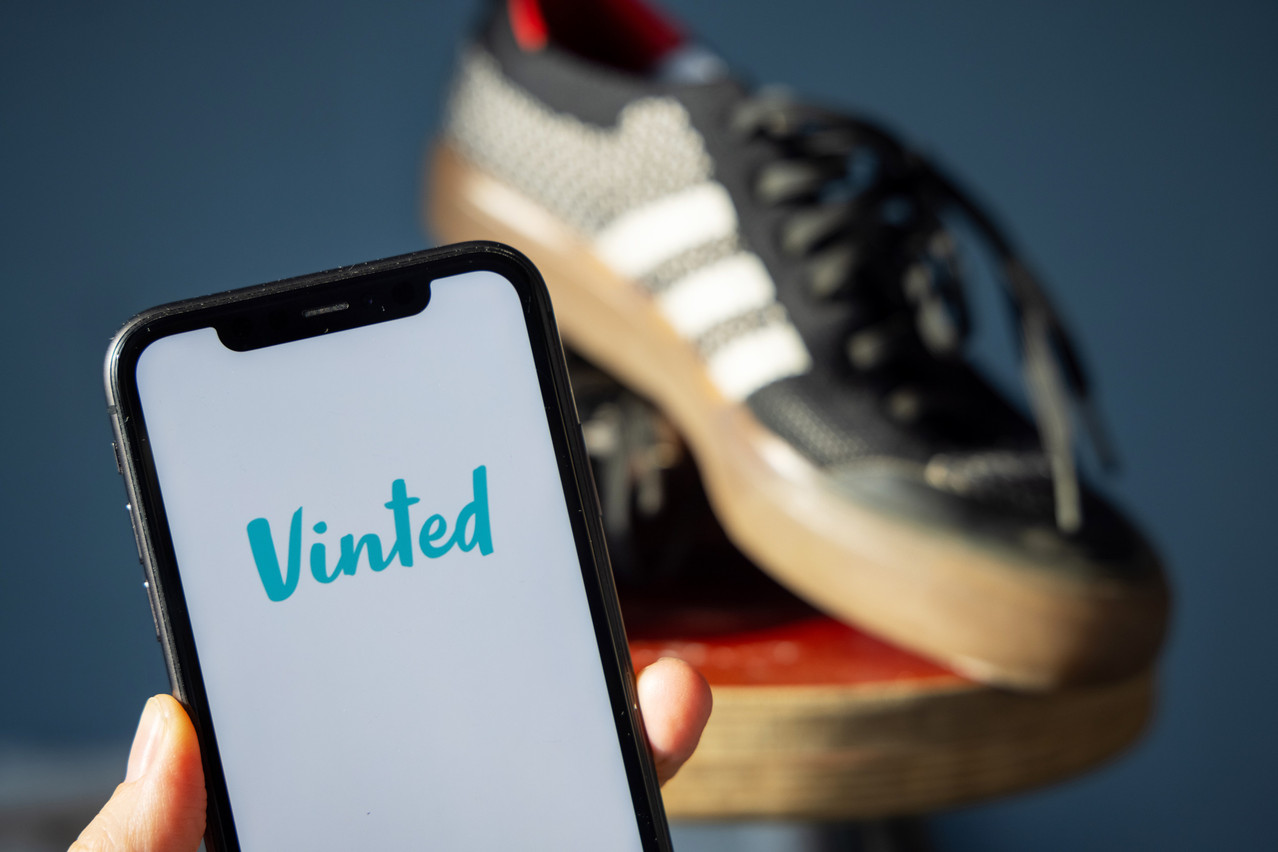While the macroeconomic climate has weighed heavily on the finances of many companies, the secondhand clothing sales platform Vinted has been expanding rapidly and has finally reached profitability for the first time in its 16 years of existence. Based in Lithuania, the platform achieved sales of €596.3m in 2023, up 61% on 2022. Its adjusted Ebitda is €76.6m, with a net profit of €17.8m, compared with a net loss of €20.4m in 2022.
This performance follows from the development of the platform, which has been expanded into new markets and countries such as Denmark, Finland and Romania. Vinted has also grasped the credo of secondhand luxury goods, first by acquiring Rebelle in 2022, and then by merging it with Vinted to launch a new verification service dedicated to luxury goods. Sellers and buyers will be able to buy and sell designer goods with the guarantee that they are not buying counterfeits. “This service is already available in nine countries and should be extended to other markets, brands and categories in 2024”, Vinted said in its financial report.
Another notable development in recent years has been the Vinted Go shipping services, with the installation of 1,500 lockers and “Pudo points” in France’s main cities. “In the second half of 2023, Vinted Go acquired the Dutch delivery company Homerr, to enable both entities to strengthen their delivery expertise and capacity for expansion. Given the strong performance in 2023, Vinted will continue to invest heavily in Vinted Go in 2024, particularly in France, Belgium and the Netherlands,” the platform announced.

Vinted said that it plans to expand its Vinted Go locker network in 2024. Photo: Shutterstock
The platform has no intention of slowing down its development and has announced investments in delivery and payment services. In the fourth quarter of 2023, Vinted secured a €50m revolving credit facility with BNP Paribas and ING Bank for future investment or expansion opportunities, including mergers and acquisitions.
“Secondhand fashion is still a relatively young market and represents only a tiny part of the fashion market as a whole,” stated Vinted Group CEO Thomas Plantenga. “Our performance in 2023 is not only proof that we can generate strong growth, but also that we are at the forefront of a market with enormous potential. More importantly, the growth of secondhand fashion [traded] between individuals is an effective way of mitigating the damage caused by the fashion industry; it is the raison d’être of our mission to make secondhand the first choice.”
For the wallet and the planet
Against a backdrop of inflation, where the purchasing power of Europeans remains rather fragile, and growing environmental concerns, Vinted aims to position itself as an alternative to the consumption of new clothes and fast fashion. According to a survey carried out by the platform, Vinted members “saved an average of €90 a month by buying on the platform. Over the long term, this means that buying on Vinted would save members around €1,080 a year.” Another report, this time by climate technology startup Vaayu, looks at the impact on the climate. It states that “buying secondhand is a better option for the climate than buying new” and that “more than one in three transactions on Vinted prevents the purchase of a new item, saving 1.8kg [of] CO2 on average per item”.
In some cases, however, Vinted has been heavily criticised, described as an app that further encourages the purchase of new clothes, and therefore indirectly fast fashion, with consumers then buying new without restricting themselves, in the knowledge that the clothes can be resold later.
The arrival of professional sellers on the platform is also becoming increasingly monitored. If sellers present themselves as consumers or non-professionals when in fact they are professional sellers, they face a fine of up to €120,000 in Luxembourg (and up to two years’ imprisonment and a €300,000 fine in France and a fine of up to €80,000 in Belgium).
Originally published in French by and translated for Delano
